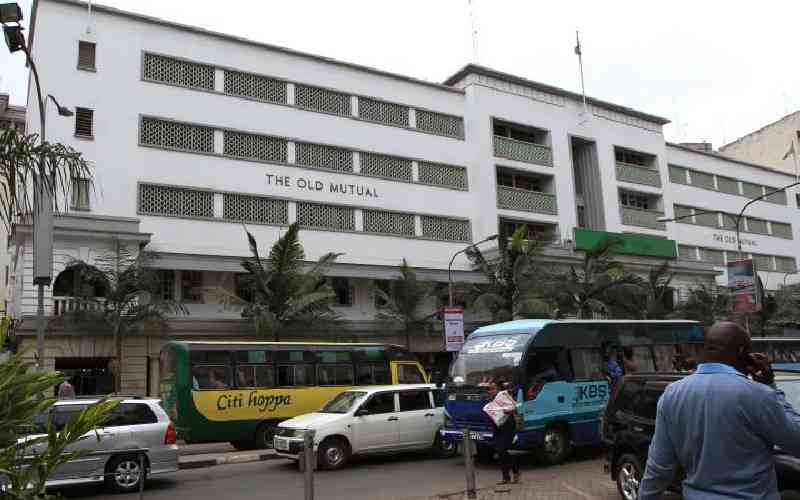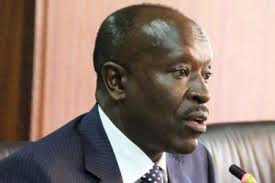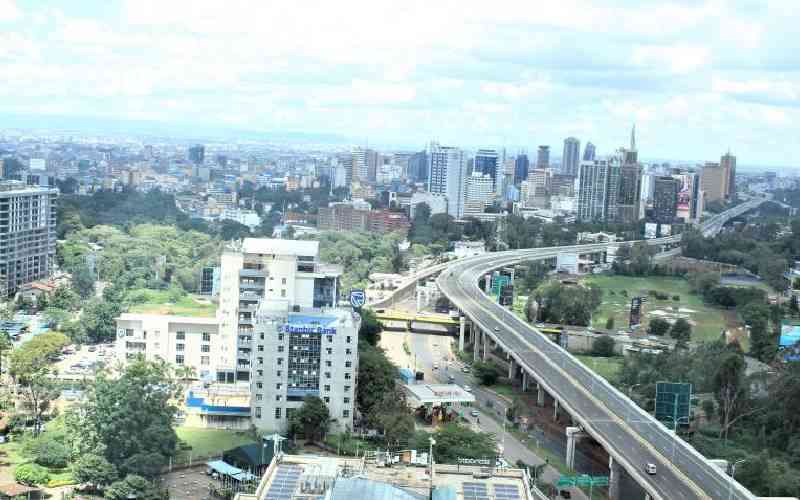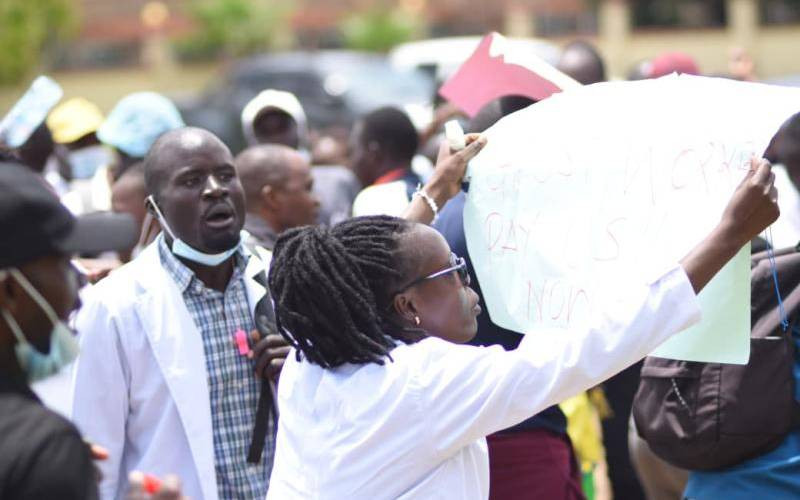
When Mary* received her appointment letter as a Community Health Assistant III from Siaya County Government on August 25, 2025, she believed her life was about to change.
The letter, complete with official logos, reference numbers, and signatures, promised a basic salary of Sh26,900, with allowances pushing her monthly pay to over Sh70,000, more than double what genuine recruits earn.
Excited, Mary shared the news with her family, borrowed money for work clothes, and reported to her assigned health facility, where she was warmly welcomed. For nearly a month, she worked daily without pay, confident her arrears would come through.
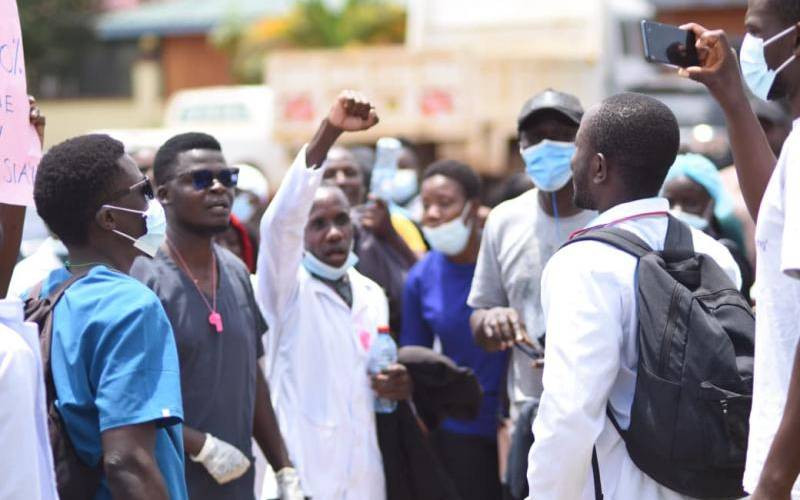
But her dreams collapsed last week when she joined nearly 500 other yong people at the county headquarters to demand their dues, only to be told their appointment letters were fake
2022 recruitment drive
Another victim, deployed first to a facility in Usigu Sub-County, and later transferred to Bondo, had worked for six months without pay. His documents included an official-looking transfer letter that convinced colleagues of his legitimacy, yet county officials now insist the documents were forged.
One victim was assigned to Yala Sub-County Hospital as a Community Health Nurse III. Her arrival was even formally acknowledged in a letter signed by a Health Administrative Officer, further legitimising her presence, yet the deployment was fake.
The syndicate appears to have started after Governor James Orengo’s administration advertised 380 jobs in December 2022. A staggering 21,772 people applied—11,750 online and 10,082 manually. The County Public Service Board (CPSB) promised a merit-based recruitment, with only 100 staff expected to be hired.
A taskforce led by former Auditor General Edward Ouko later halted direct recruitment by departments, requiring hiring to go through the CPSB and receive County Executive approval. It also recommended a full audit of Siaya’s payroll system. But two years later, those reforms seem to have failed, or been ignored. Investigations revealed a well-coordinated racket involving county insiders, M-Pesa agents, and even individuals within security agencies, offering protection to the scam.
Victims reportedly paid between Sh250,000 and Sh500,000 for forged appointment letters and deployment postings. Payments were made in cash or via M-Pesa, often routed through agents to obscure the trail.
One victim shared proof of Sh350,000 in payments to a woman identified as Sharon Beatrice Wafula, made in three tranches over two days in August 2025.
In return, the victims received forged documents that appeared authentic and allowed them to work in health facilities across Siaya. Some even received “transfers” and participated in departmental activities, completely integrated into the system.
Impact on health services
The scam has deeply shaken Siaya’s healthcare sector. Facilities , such as Usenge Health Centre, recently upgraded due to an apparent increase in staffing, now face collapse.
Stay informed. Subscribe to our newsletter
“We were upgraded to a health centre because of new staff. Now they’ve been sacked, and we risk going back to dispensary level,” said a committee member.
Other health centres across sub-counties report longer queues, reduced services, and a looming crisis as facilities face sudden understaffing.
On September 14, 2025, the Community Initiative Action Group Kenya (CIAG-K) accused county officials of running a “systematic exploitation scheme” targeting jobless youth. “We are exposing a scam that victimised over 382 health workers, including nurses and clinical officers, who were fraudulently recruited after paying bribes of up to Sh500,000,” said Chris Owala, CIAG-K Director.
Disband board
The group said the victims worked tirelessly, only to be dismissed without pay or explanation. They demanded that Governor Orengo disband the CPSB, compensate victims, and prosecute those responsible. “The continued inaction from Governor Orengo’s office amounts to tacit approval or complicity,” CIAG-K said.
In a twist, CPSB acting secretary Wilfred Nyagudi said it was the board itself that uncovered the scam. “We flagged the fake appointment letters. We can’t fire people we never hired,” he said, distancing the board from the syndicate.
Nyagudi urged victims to report to investigative authorities and warned fraudsters to stop exploiting desperate jobseekers. “We followed due process in the 2022 recruitment. The fraud was carried out outside our system,” he said.
Ironically, while fraudsters were working in health facilities, some legitimately recruited candidates with genuine, stamped CPSB appointment letters remain undeployed more than a year later.
“We passed interviews and received signed appointment letters. But for over a year, we’ve been at home, while people with fake papers took our places,” said one frustrated recruit.
Insiders revealed the recruitment scam spans multiple departments, not just health. “Every department had its victims,” said a source.




